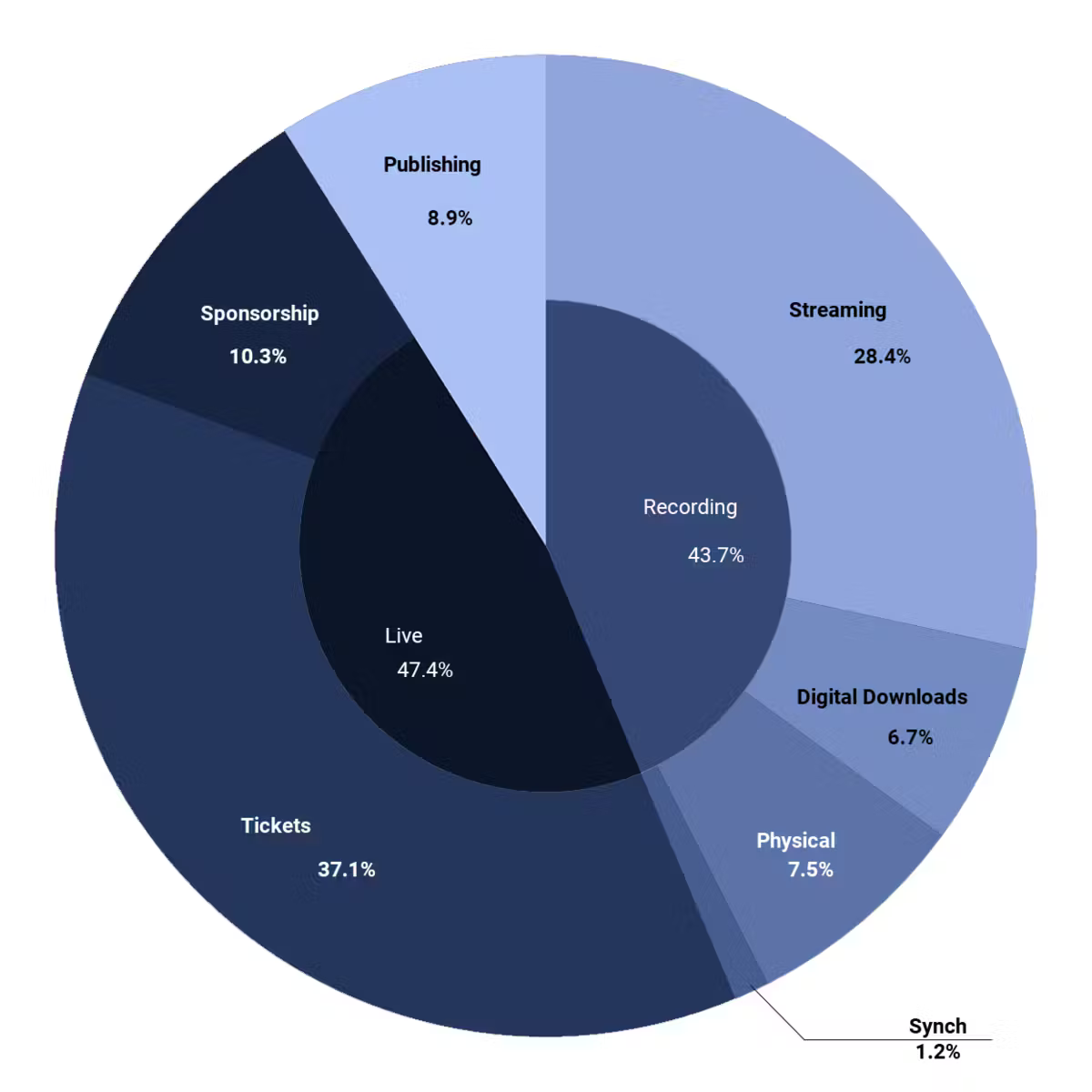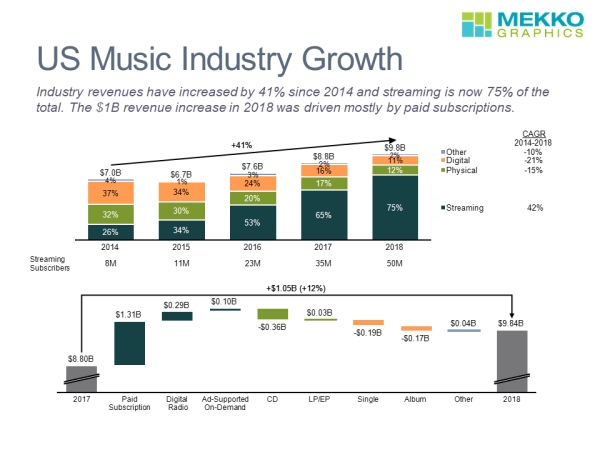In April 2025, the U.S. music industry faces significant challenges due to newly imposed tariffs, which are affecting various sectors from manufacturing to live performances. These tariffs, aimed at reshaping global trade dynamics, are having unintended consequences on the music industry, leading to increased costs, disrupted supply chains, and broader economic implications.
1. Rising Costs for Musical Instruments and Equipment
The imposition of tariffs has led to increased costs for musical instruments and equipment, many of which are manufactured or assembled overseas. Tariffs on imports from countries like Vietnam and China have disrupted specialized supply chains, making it challenging for companies to absorb the increased costs. Vietnam and China account for a significant portion of U.S. musical gear imports, and the industry warns of potential further losses.
2. Impact on Live Music and Touring
The live music sector is also feeling the effects of the tariffs. Increased costs for imported equipment such as guitars, drums, amplifiers, and sound systems are affecting independent artists and smaller venues with limited budgets. Even domestically produced equipment may be affected due to reliance on imported components.
3. Strain on Independent Retailers and Record Stores
Independent music retailers and record stores are grappling with the financial strain caused by the tariffs. The increased costs of imported goods are leading to higher prices for consumers, potentially reducing sales and threatening the viability of these businesses.
4. Broader Economic Implications
Beyond the music industry, the tariffs are contributing to broader economic challenges. Businesses across various sectors are experiencing increased costs, halted expansion plans, canceled orders, and hiring delays. The financial uncertainty and disrupted supply chains are affecting consumer demand and overall economic stability.
5. Industry Response and Advocacy
In response to the tariffs, industry organizations such as the National Association of Music Merchants (NAMM) are advocating for exemptions specific to the music products industry. They emphasize the unique supply chains of the industry and the disproportionate impact of the tariffs on manufacturers and retailers.
Conclusion
The newly imposed tariffs in 2025 are having a profound impact on the U.S. music industry, affecting everything from manufacturing and retail to live performances and broader economic stability. As the industry navigates these challenges, continued advocacy and strategic adjustments will be crucial to mitigate the adverse effects and sustain the vibrancy of the music sector.



